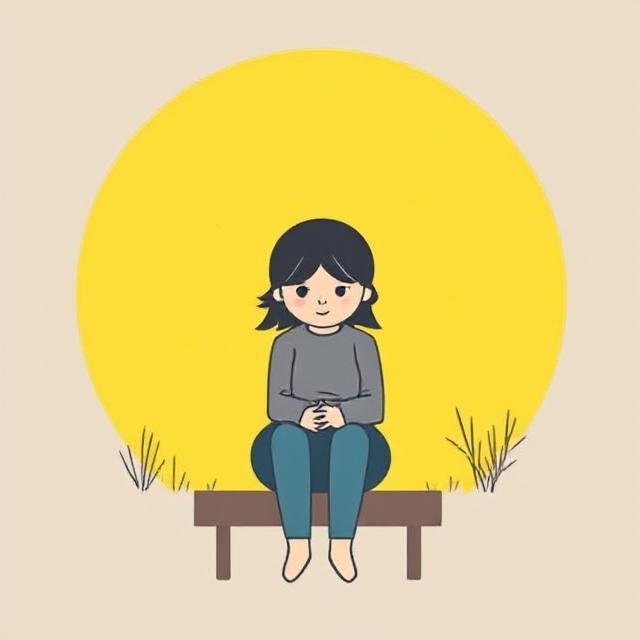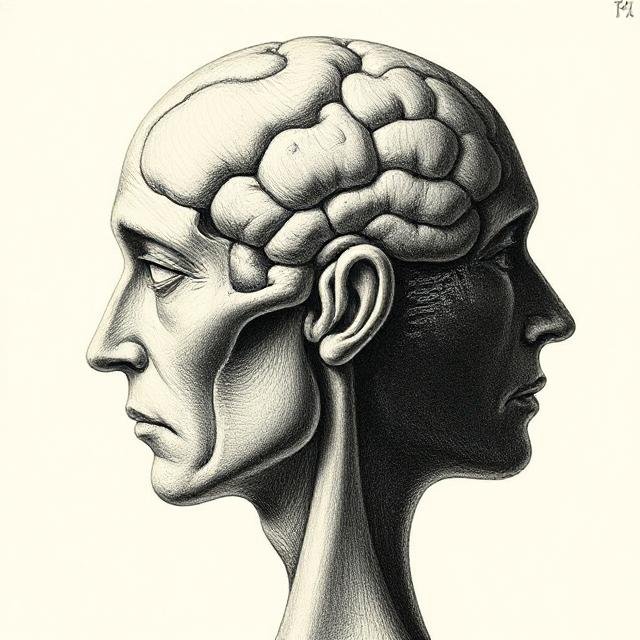Introduction
Attention-deficit/hyperactivity disorder (ADHD) often carries a stereotype of hyperactive little boys bouncing off classroom walls. Yet for millions of girls, ADHD manifests far differently—sometimes so subtly that it’s missed for years. Left undiagnosed, these girls can struggle with anxiety, low self-esteem, and academic underachievement into adulthood (CDC, 2022).
This article explores 20 lesser-known signs of ADHD in girls—critical clues to recognize so girls can receive the support they deserve.
Why ADHD in Girls Often Goes Undiagnosed
Girls with ADHD are frequently labeled as “daydreamers,” “shy,” or simply “emotional.” Research shows they’re less likely than boys to exhibit disruptive hyperactivity and more likely to internalize symptoms, making ADHD less visible (NIMH, 2024).
One large review found that ADHD in girls is often misdiagnosed as anxiety or depression, leading to treatment gaps of 5-7 years compared to boys (Quinn & Madhoo, 2014). Early recognition of these subtle signs is crucial.
20 Signs and Symptoms of ADHD in Girls
Below are 20 signs that might indicate ADHD in girls. Not every girl with ADHD will show all these signs—but a consistent pattern can be telling.
Daydreaming Frequently
Instead of external hyperactivity, girls often get “lost in their own world.” Teachers may see them as quiet or inattentive, masking the true problem.
Excessive Talking
Some girls talk non-stop, struggling to regulate conversation flow. They might blurt out unrelated thoughts or interrupt frequently.
Emotional Sensitivity
Girls with ADHD may feel emotions very deeply—from intense joy to overwhelming sadness. Small slights can feel catastrophic.
Perfectionism
Ironically, some girls with ADHD develop perfectionistic tendencies to compensate for executive function struggles, creating stress and burnout.
Forgetfulness
Losing track of personal items, forgetting appointments, or missing homework deadlines is common.
Easily Distracted
They might struggle to stay focused on conversations, reading, or schoolwork—especially if bored or uninterested.
Trouble Following Instructions
Even simple multi-step tasks can overwhelm girls with ADHD. They may appear oppositional when they’re actually confused.
Social Struggles
Girls often crave friendships but miss subtle social cues, making peer relationships challenging.
Low Self-Esteem
Repeated academic and social struggles can leave girls feeling “different” or “not good enough.”
Anxiety
About 50% of girls with ADHD have co-occurring anxiety disorders (CHADD, 2023). Anxiety can mask or complicate ADHD symptoms.
Restlessness Without Hyperactivity
While not visibly hyperactive, girls may feel constant internal restlessness—a sense of being “driven by a motor.”
Sensory Sensitivities
Some girls are extra sensitive to sounds, lights, tags in clothing, or certain textures.
Tendency to “People Please”
To avoid criticism, girls with ADHD often become overly compliant, suppressing their own needs.
Messiness and Disorganization
Bedrooms, backpacks, and lockers may be chaotic—despite efforts to stay organized.
Academic Underachievement
Despite intelligence, ADHD can hinder performance. Teachers may describe girls as “not working to their potential.”
Difficulty Maintaining Friendships
Mood swings, impulsivity, or missing social cues can make friendships fragile.
Chronic Procrastination
Delaying tasks until the last minute is common, creating cycles of panic and guilt.
Mood Swings
Rapid shifts from happy to sad or angry can occur without obvious triggers.
Difficulty Managing Time
Time blindness leads to chronic lateness, underestimating how long tasks will take.Sensitivity to Criticism
Even gentle feedback can feel devastating, triggering defensiveness or withdrawal.













